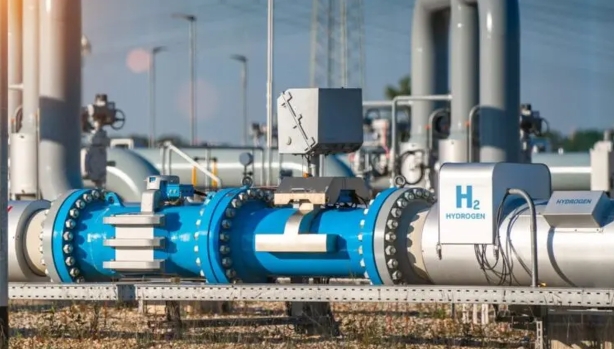
The facility will be located within the depot of the Cluj-Napoca Public Transport Company. Funded by 71 million lei from European sources, excluding VAT, the plant will feature an electrolysis system for green hydrogen production and infrastructure for hydrogen distribution. Varga noted: “We estimated 18 months from the moment of signing the contract for the commissioning of this station. If all things align, at the end of 2026, beginning of 2027 we will have the first hydrogen molecule actually produced at the location.” At full capacity, it will produce 1,024 kilograms of hydrogen daily, equivalent to 2.3 to 2.5 MW of power.
The hydrogen will support multiple uses. Varga explained: “This will serve, in addition to the fleet of buses that the municipality wants to purchase as part of this broader project, respectively, part of the hydrogen produced will go to the District Heating Authority, which in turn has a strategy of using hydrogen to produce heat, and part of the hydrogen will be available to those who want to purchase such types of vehicles.” Cluj-Napoca is currently leading Romania in green hydrogen initiatives, which utilize electrolysis to avoid emissions. Varga compared this to Galați, where a similar project involving hydrogen buses and a steel factory remains in early planning stages.
The Technical University of Cluj-Napoca is also involved in the national Ro-HydroHub project, valued at 130 million euros, which researches hydrogen mobility, production, and storage. Varga said: “In Cluj, as a university we are partners in the national Ro-HydroHub project, a 130 million euro project that aims to research hydrogen mobility solutions, production, storage and so on. It is an ecosystem of which the university is part, and the municipality is the beneficiary of this knowledge.” Since spring 2024, Cluj has conducted road tests with a hydrogen bus. The city plans to acquire 40 battery electric buses and 40 hydrogen buses, with an initial order of 31 battery buses and 25 hydrogen units, expanding its current fleet of 263 buses, 10 minibuses, 80 trolleybuses, 41 electric buses, and 35 trams.